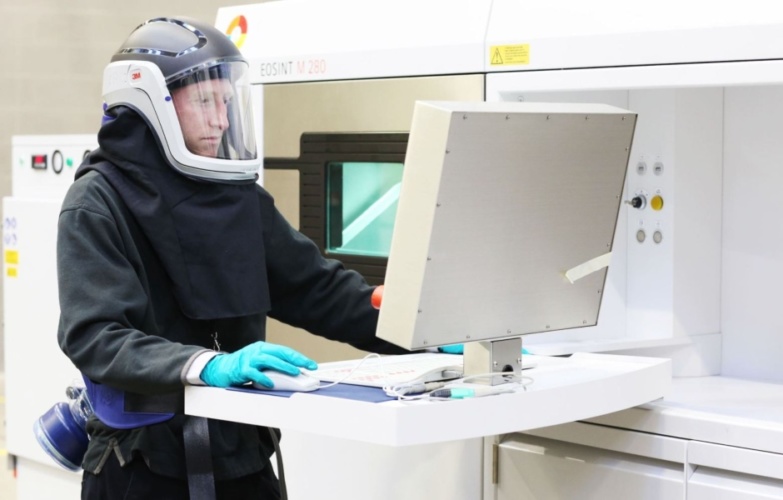
Funded by UK Research and Innovation through the Industrial Strategy Challenge Fund, the ‘Daedalus’ NCAM project based at the Manufacturing Technology Centre will be led by Bristol-based HiETA Technologies. Joined by Coventry-based Arrowsmith Engineering and global enterprise software business ValueChain Enterprises, the project hopes to make the UK ‘the go-to place for forward-thinking manufacturing’.
David Brackett, NCAM group technology manager and senior engineer on the Daedalus project, told The Engineer: “Additive manufacturing unlocks greater design freedom by reducing dependence on a tool, such as a cutting tool in the case of machining which limits physical access to the material you want to remove, or a mould tool which requires provision of removability from this tool and amortisation of the cost across lots of identical parts.
“This all means that with AM, you can make the part that is nearer to being optimal for the application - e.g lighterweight, more efficient, more compact etc - as you have fewer manufacturing constraints, and these can typically be highly complex parts.”
Arrowsmith Engineering boost production with robot cell
Peregrine swoops on flaws in 3D printing
Alex Morrison, advanced research engineer at NCAM, explained that the adoption of AM into highly-regulated industries is hindered by traceability, part quality, and the repeatability of AM processes.
“Addressing these requires data from every step of the process chain - once this data is available, it can be used to enable new analytics which can drive down defects and raise reliability,” Morrison said. “However, there are challenges to gathering this data. At the moment, the data is fragmented - different formats, different standards, different supply chain members. It’s also produced in huge quantities - the AM build alone can produce around 5TB of data.”
The Daedalus project aims to develop a single, traceable digital thread and flexible integration of facility and project management systems, as well as AI enabled solutions for material and process control and stability.
A digitally integrated AM supply chain is expected to enable a secure, collaborative and intelligent platform allowing supply chain partners to share reliable AM raw material and product traceability data.
Dominic Turner, senior manufacturing and operations engineer at HiETA said the project will allow HiETA and the UK supply chain to supply highly regulated markets more easily, providing the digital traceability necessary to satisfy entry requirements. “This will keep the UK at the forefront of additive manufacturing applications,” Turner commented.




Glasgow trial explores AR cues for autonomous road safety
They've ploughed into a few vulnerable road users in the past. Making that less likely will make it spectacularly easy to stop the traffic for...